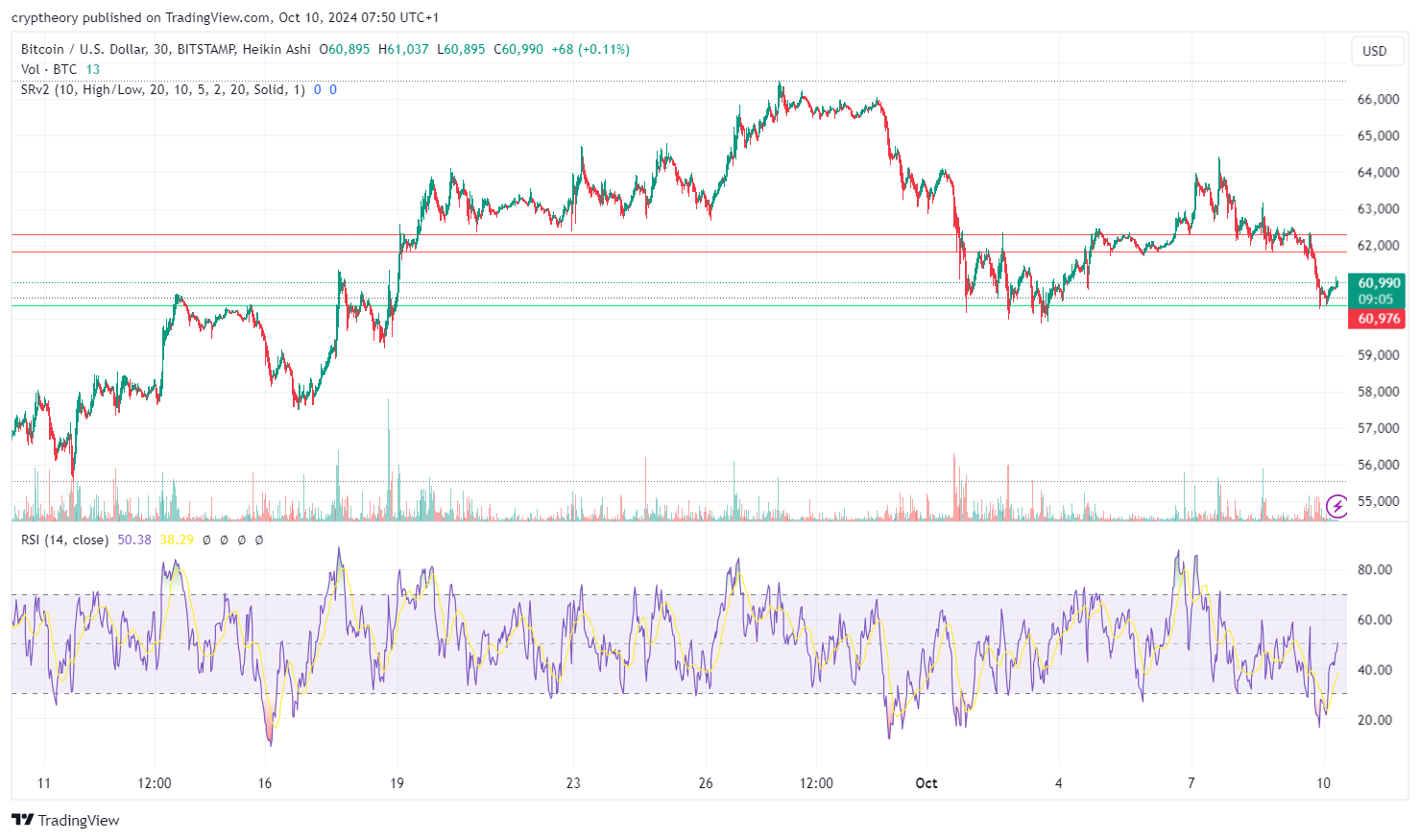Table of Contents
Federal government criticizes planned EU crypto reporting regulation
Under the name of Transfer of Funds Regulation (TFR) EU bodies are wrestling with reporting guidelines intended to cushion the risk of money laundering and terrorist financing in the crypto sector. In particular, the obligation to report transactions with or from “unhosted wallets” planned by the EU Parliament is a source of controversy. Experts also raise concerns about data protection law TFR in the game. According to an answer to a written request from the FDP parliamentary group, which BTC-ECHO has received, the federal government is also critical of the plans for comprehensive reporting.
The Federal Ministry of Finance (BMF) described the EU Parliament’s proposal as a “regulatory hurdle” and threatened “an evasive movement towards comprehensive anonymity.” Instead, the federal government advocates flexible risk assessments for transactions with the help of blockchain analysis tools. As part of the EU Council, she wants to work for this in the course of the negotiations in the trilogue between the Council, Parliament and the Commission.
UK demands new rules for stablecoins
The spectacular crash of the stablecoin Terra kept the crypto world in suspense last week. While South Korean authorities investigate the company behind the failed currency, the British guardians of financial stability want to take precautionary measures. The UK Department for Treasury and Economy published on this a consultation paper, which envisages the adjustment of the UK crypto rules. The authors say that they want to bring Great Britain to the top of the crypto world. Therefore, a flexible regulatory approach is sought that takes risks into account and can react to developments on the market. The focus is initially on stablecoins. A secure market environment is to be created in Great Britain for publishers and service providers.
At the same time, however, the ministry also emphasizes the importance of consumer protection: “However, the government also considers it necessary that appropriate and proportionate instruments are available to mitigate the financial stability problems that can arise when a company of a systemic size reached fails.” Affected stablecoin issuers should be able to make use of insolvency regulations, for example – Terra sends its regards.
China brings E-Yuan to the people
If Western politicians argue about the appropriate handling of stablecoins and other decentralized cryptocurrencies, these have largely disappeared from China. However, the Middle Kingdom is rapidly approaching the introduction of a digital central bank currency (CBDC). On May 30, the metropolis of Shenzhen announced that it would give away US$4.5 million worth of e-yuan to citizens. There is a raffle on the shopping platform for this meituan planned. The campaign is intended to help breathe fresh air into Shenzhen’s pandemic-hit economy. According to media reports, more than 150,000 retailers accept the state digital currency.
Singapore takes a look at DeFi
The Monetary Authority of Singapore (MAS) will take a closer look at the DeFi sector in the future. The authority, which brings together the central bank and the financial supervisory authority, is cooperating within the framework of the newly launched Project Guardian With JPMorgan, DBS and market node. The focus is on use cases in the tokenization of assets. The pilot project is also intended to examine regulatory interventions in DeFi ecosystems. Singapore has recently tightened its own crypto course significantly. Consequently, Deputy Prime Minister Heng Swee Keat declared on May 31 that BTC and Co. are not for small investors. However, crypto ecosystems would also provide other services and use cases, Keat said in his opening speech for the Asia Tech x Singapore Summits.
Crypto exchange Binance gains a foothold in Italy
The charm offensive of the world’s largest BTC exchange binance continues to bear fruit. After the crypto hub in France recently received official approval, Rome has now given the green light. Already on May 27th gave binance known to have received a license as a crypto service provider in Italy. Meanwhile, they want to open offices in Italy, the stock exchange said. binance-CEO Changpeng Zhao thanked the Italian authorities and stressed the importance of a “clear and effective” regulatory strategy.
General manager of the US division of Ontology: “In the future everyone can monetize their data”






















